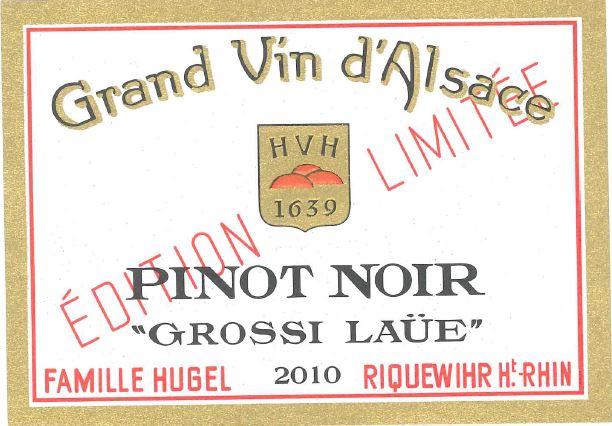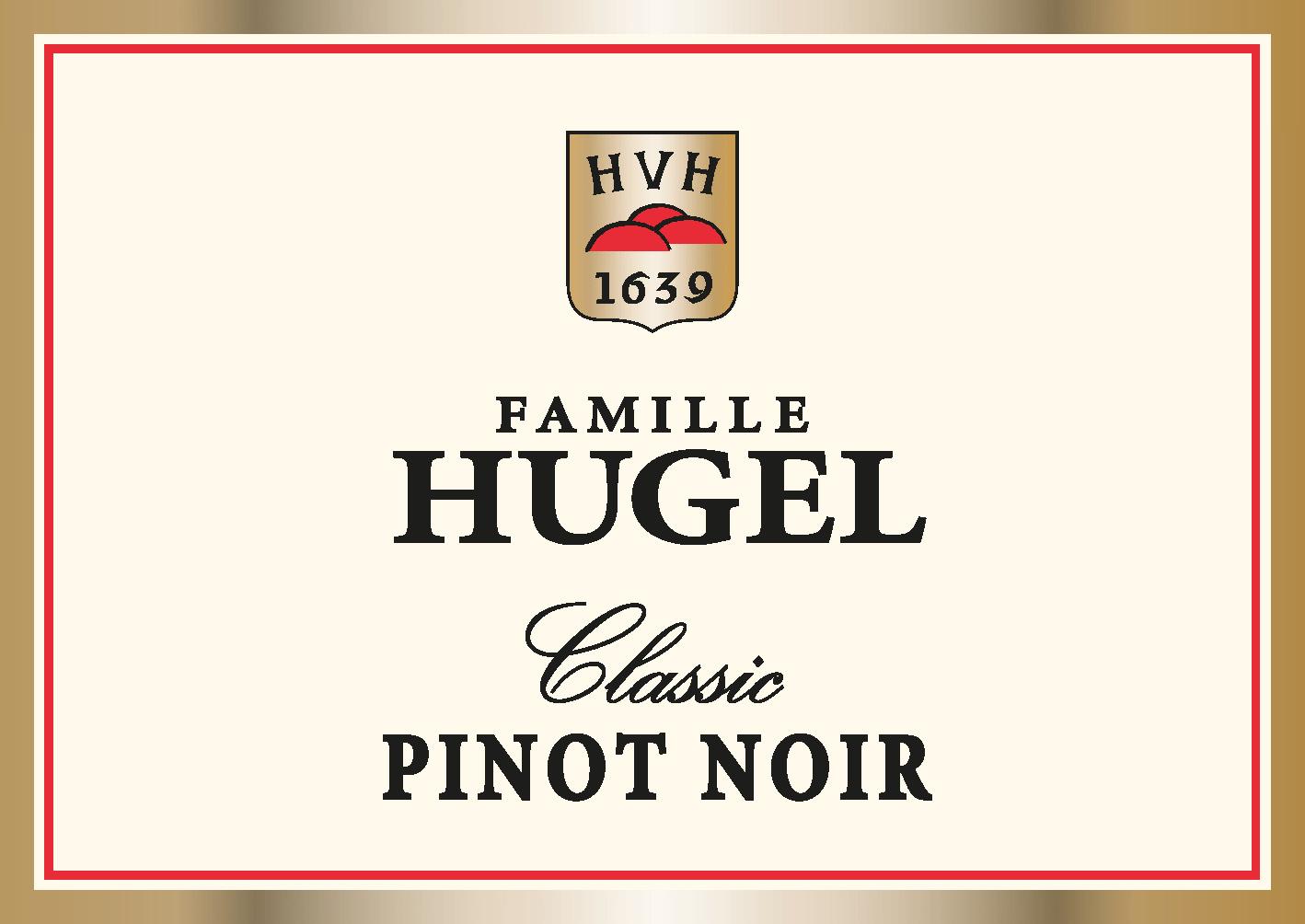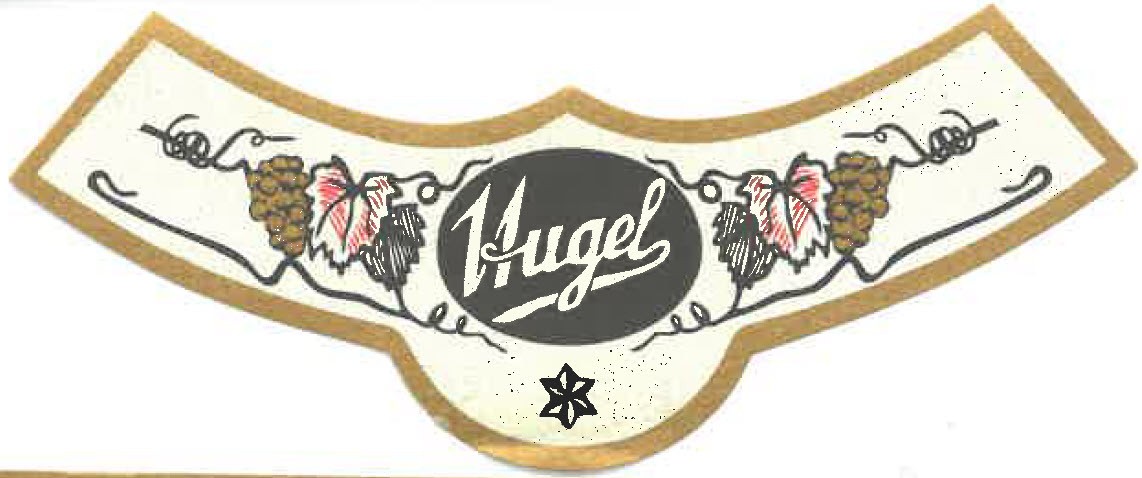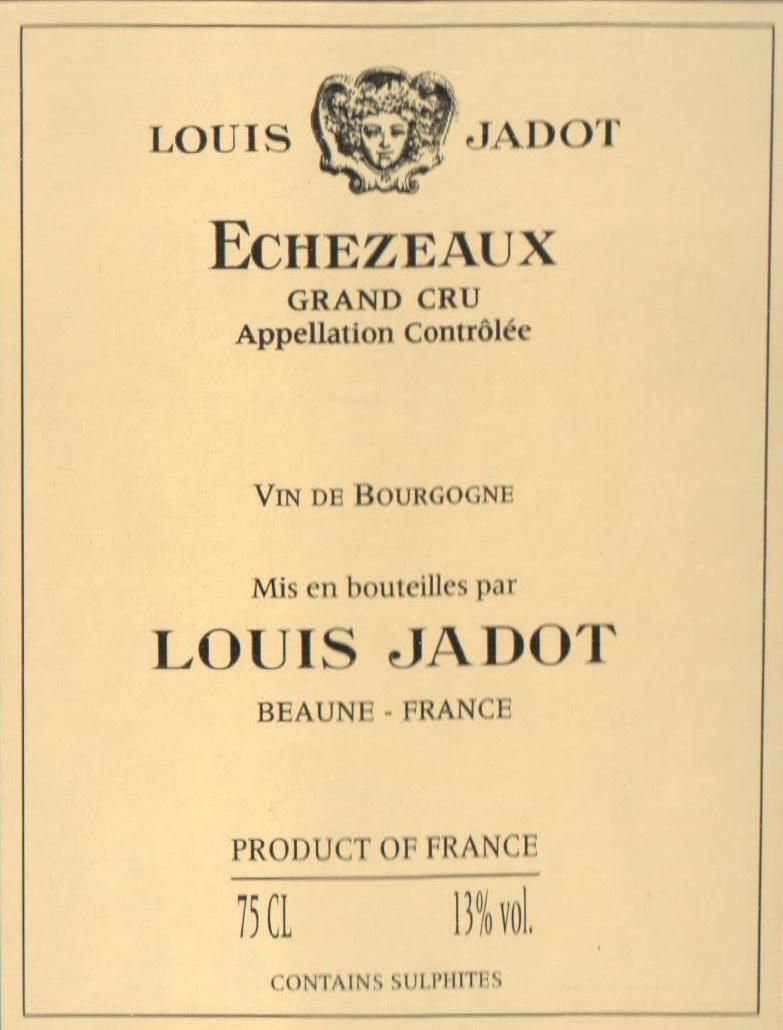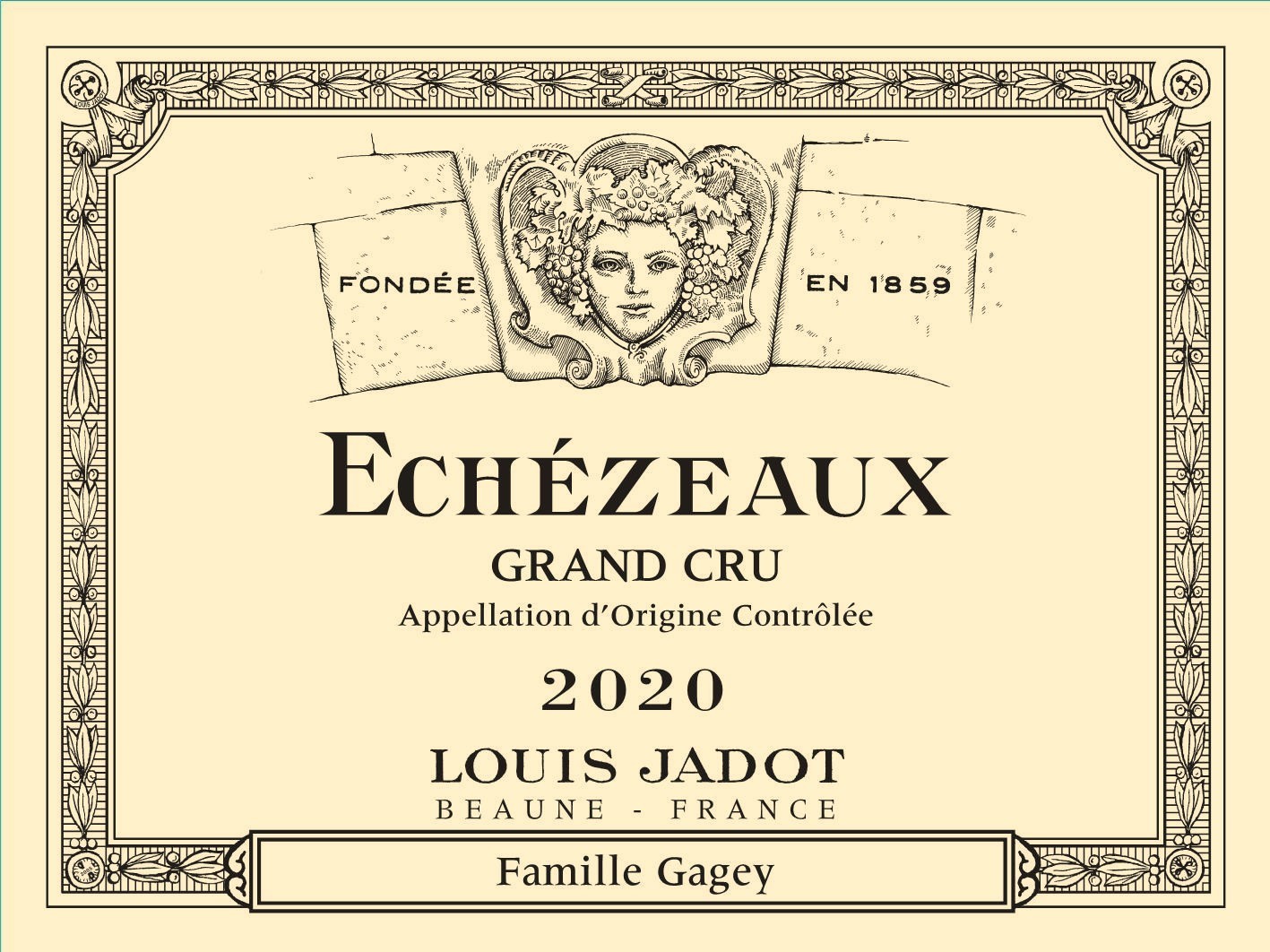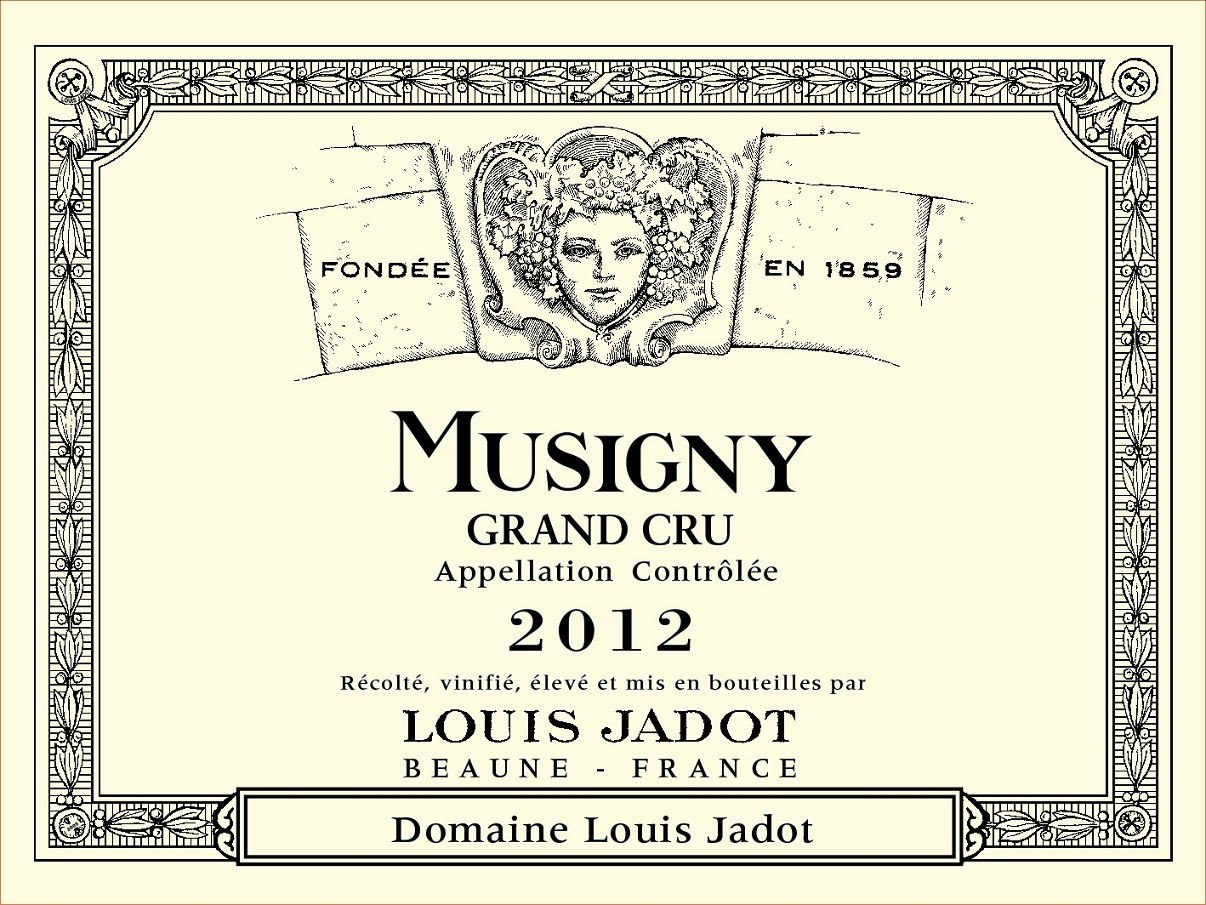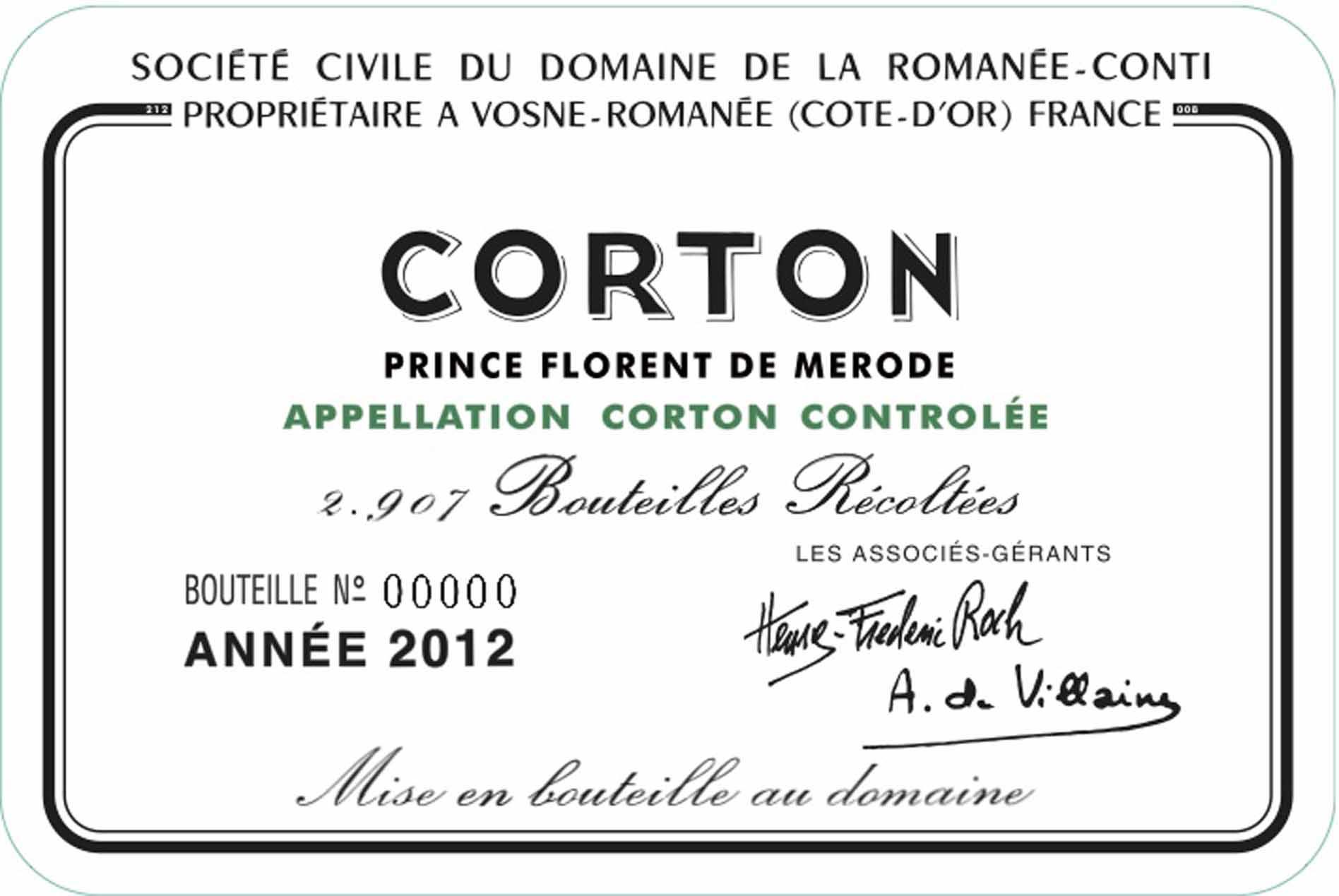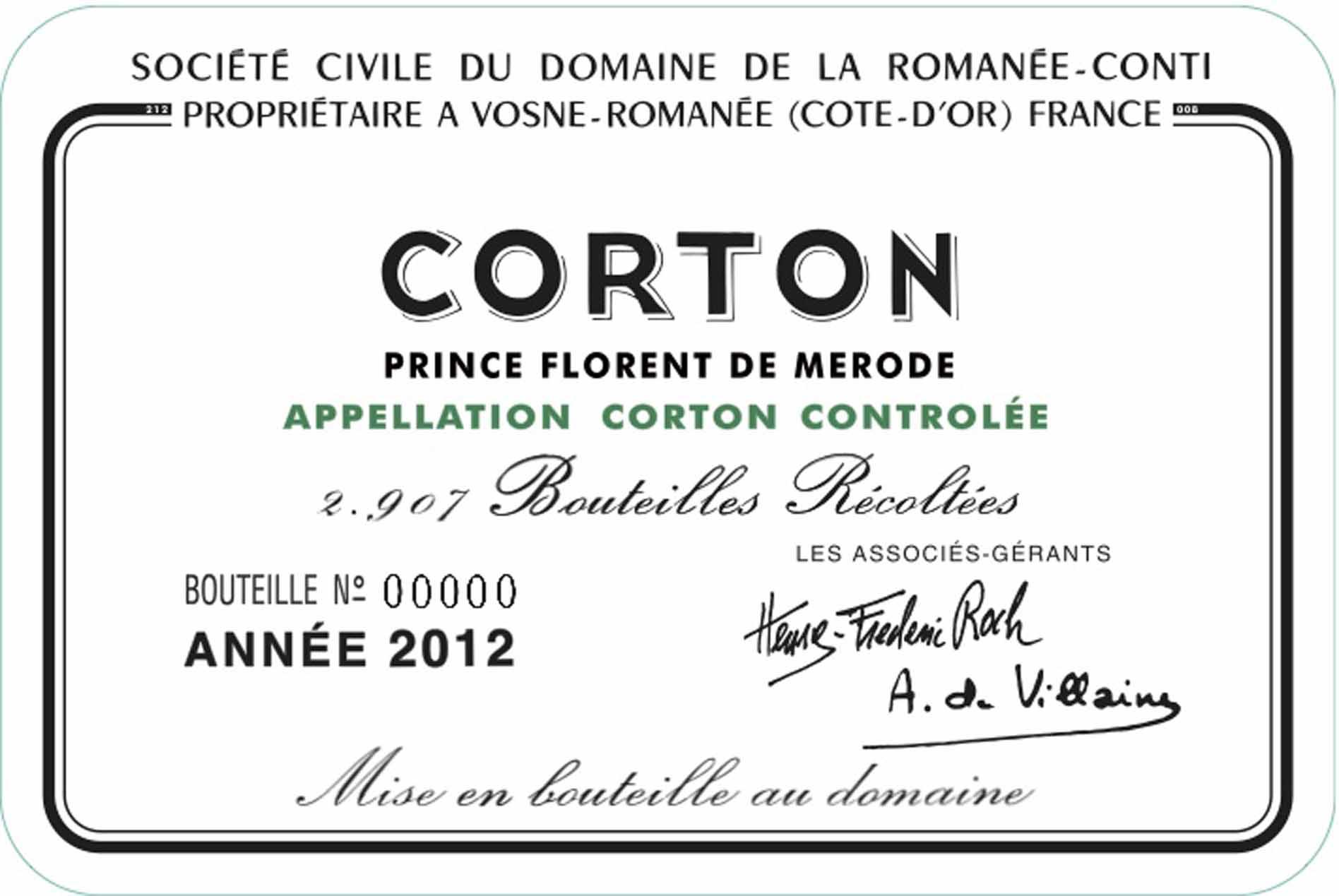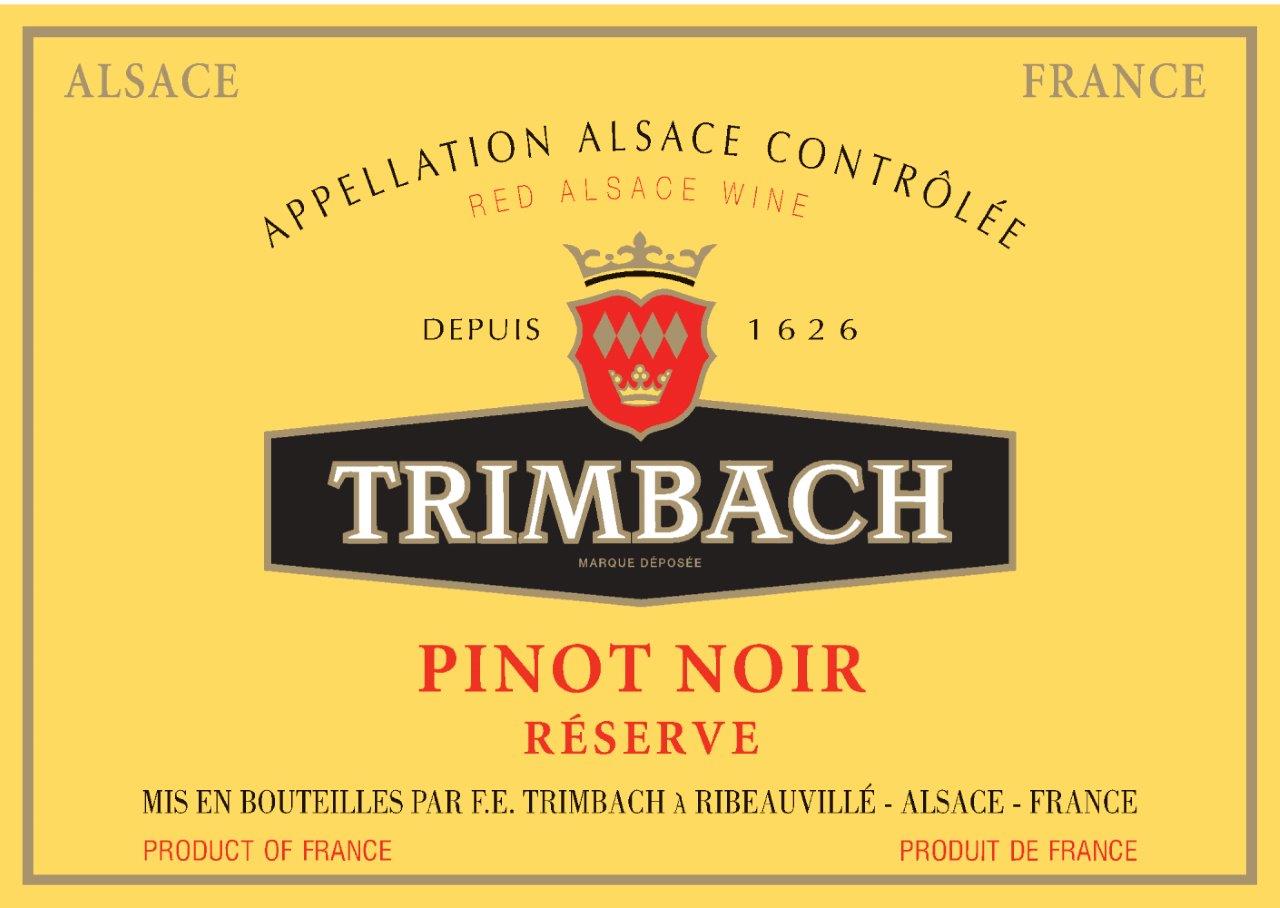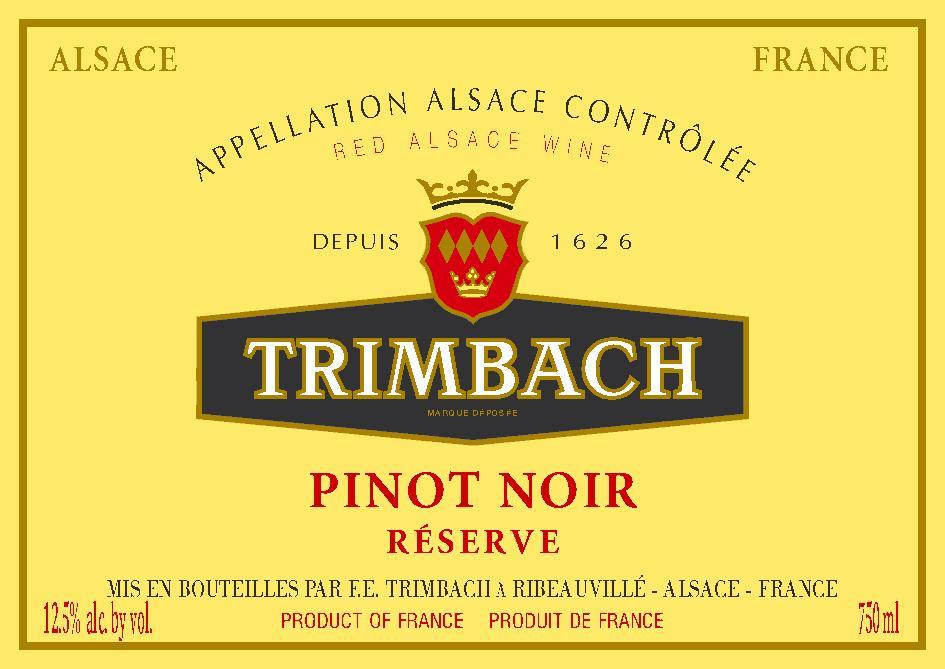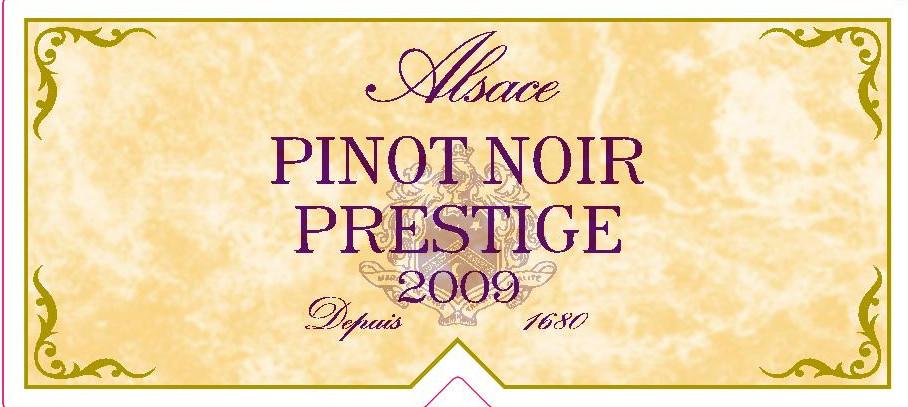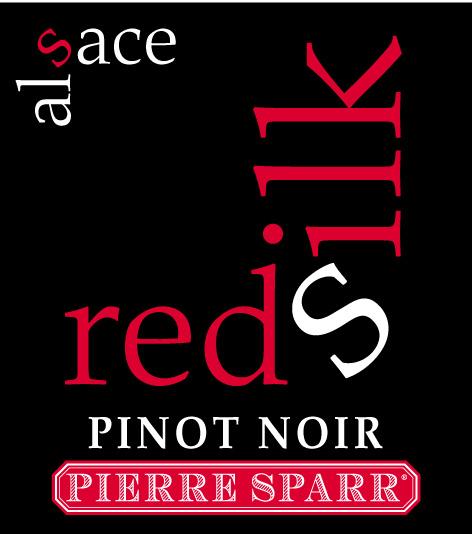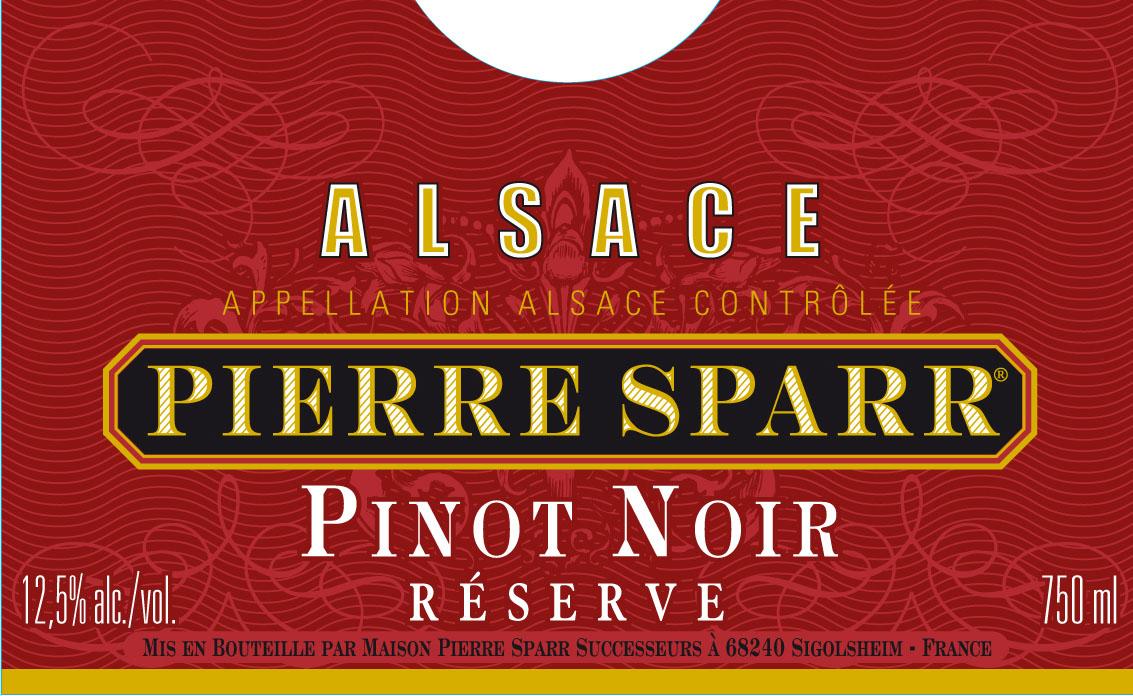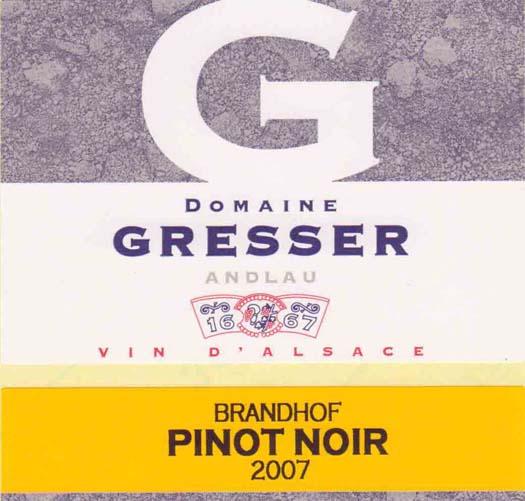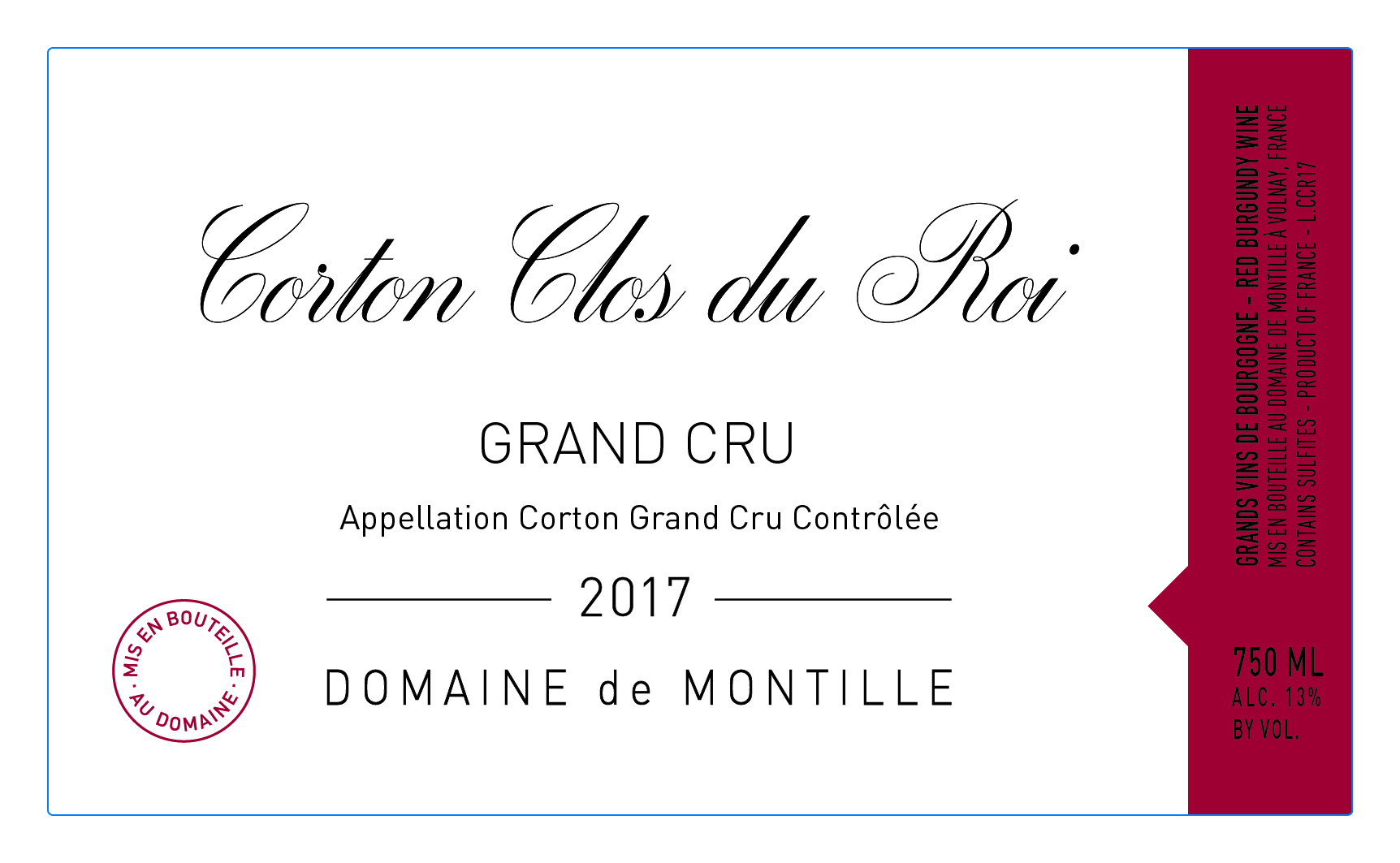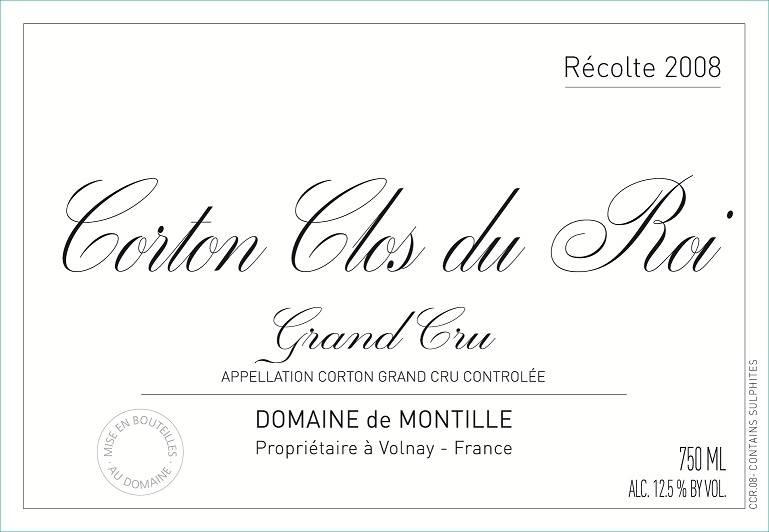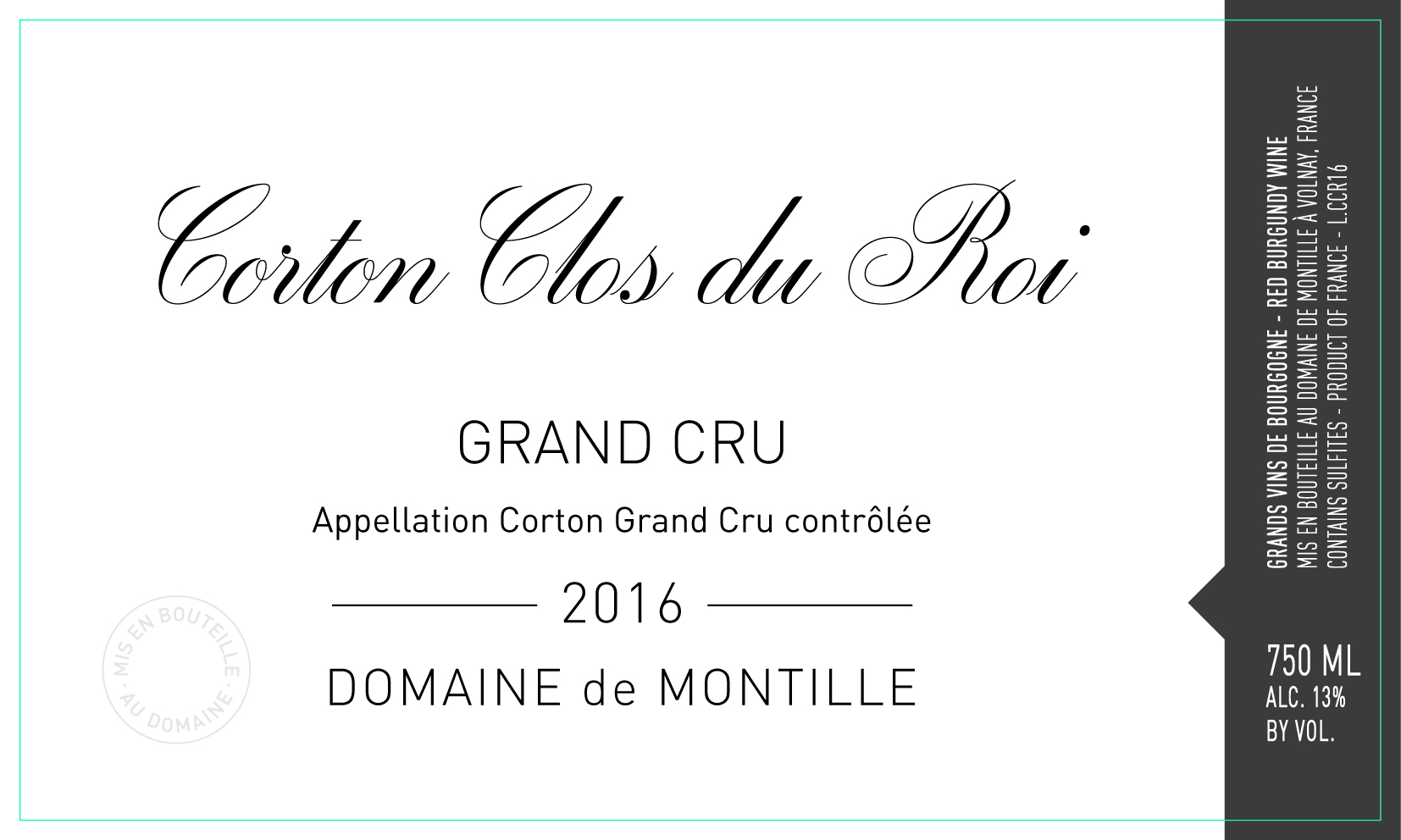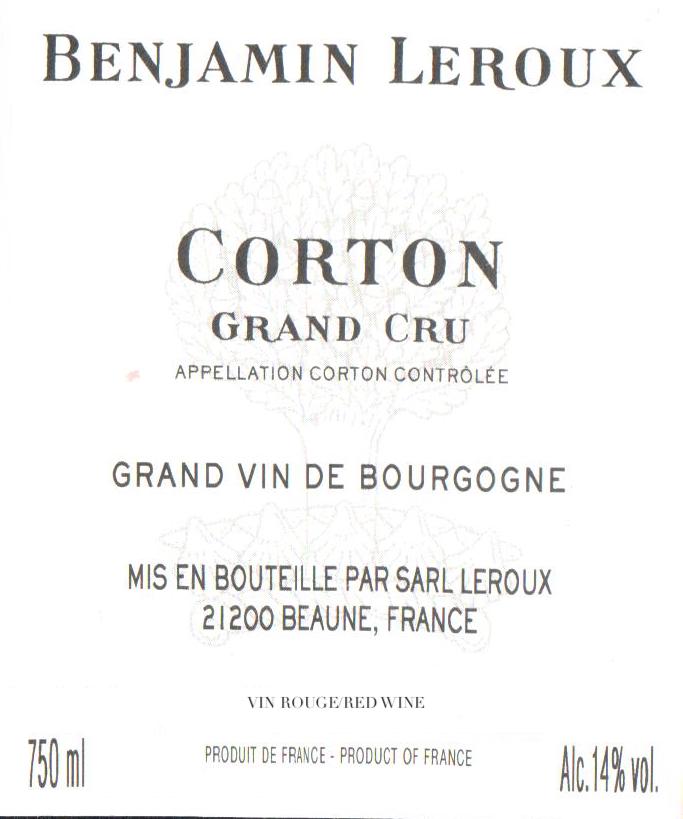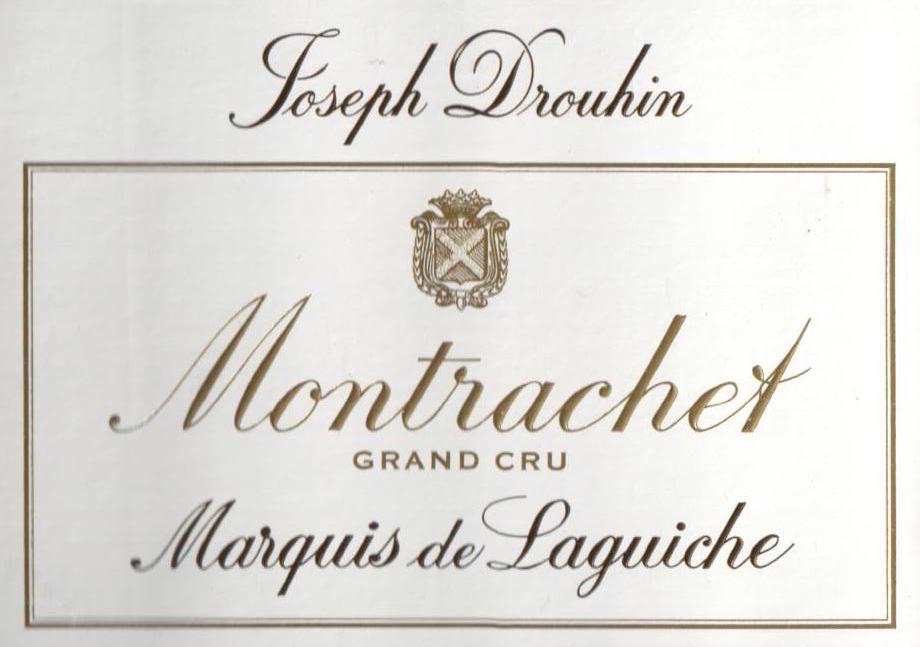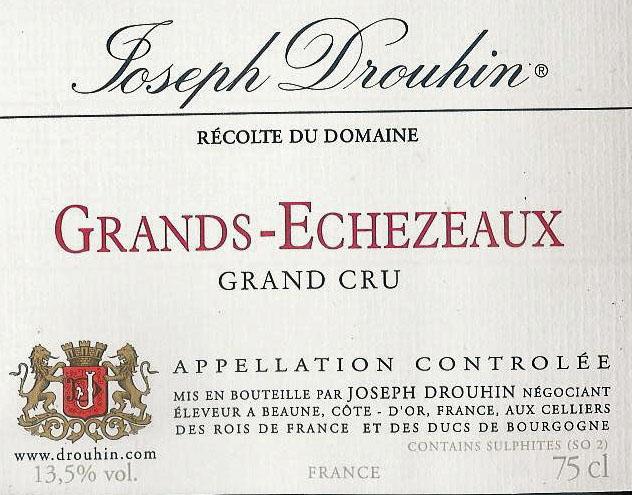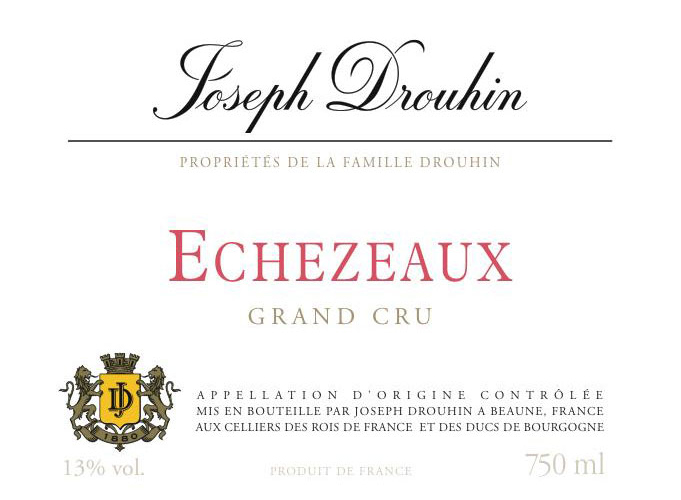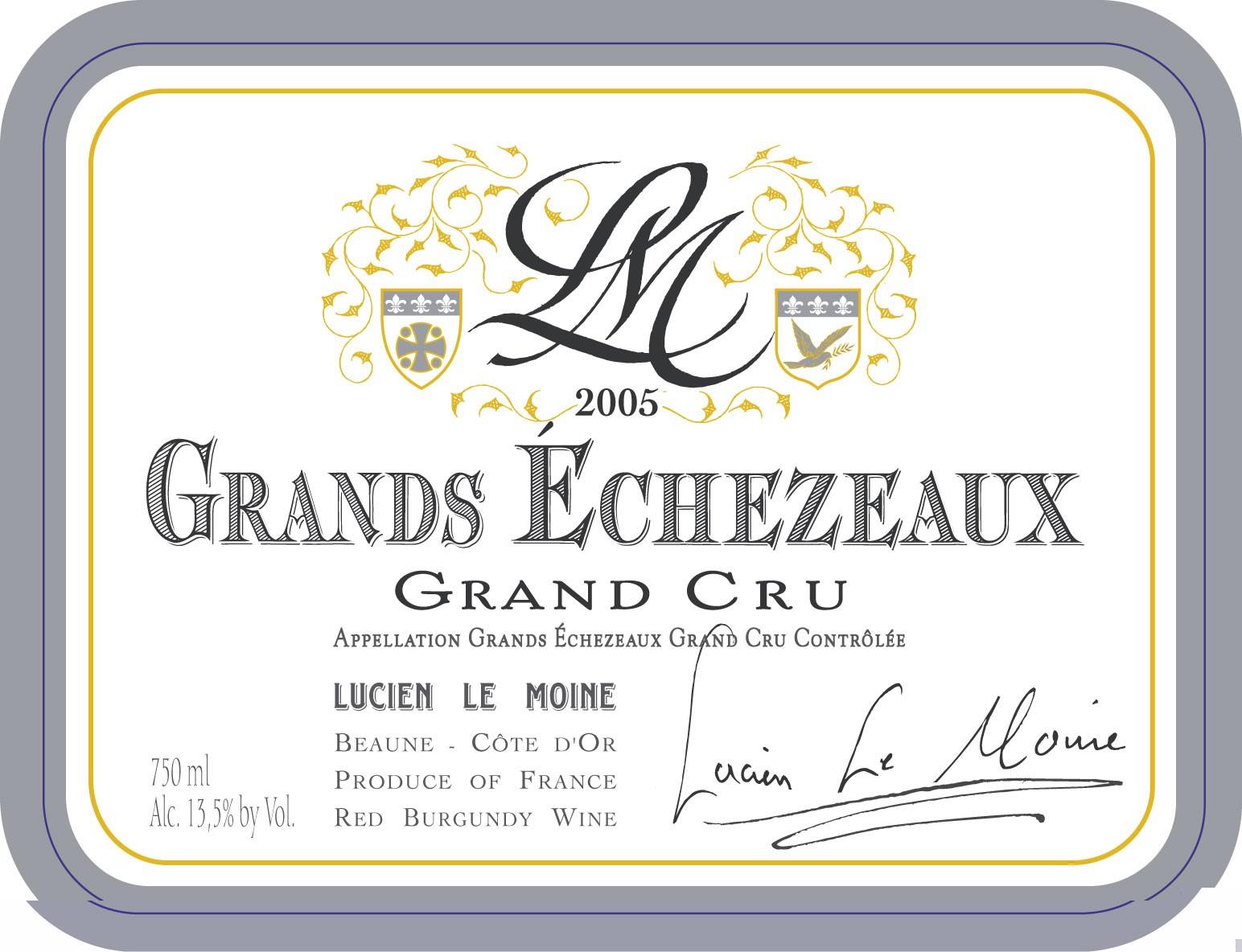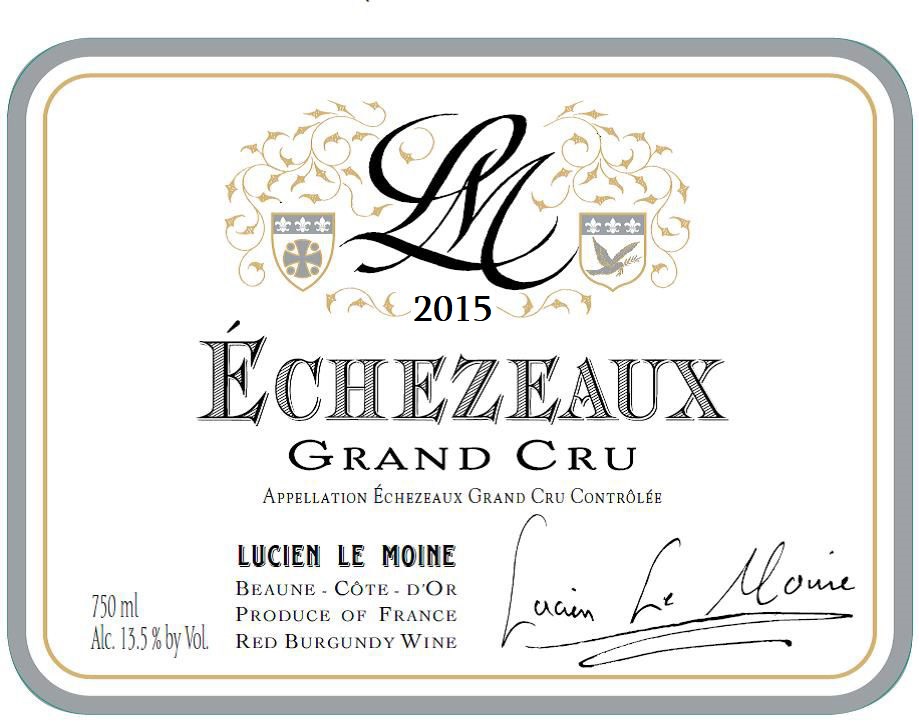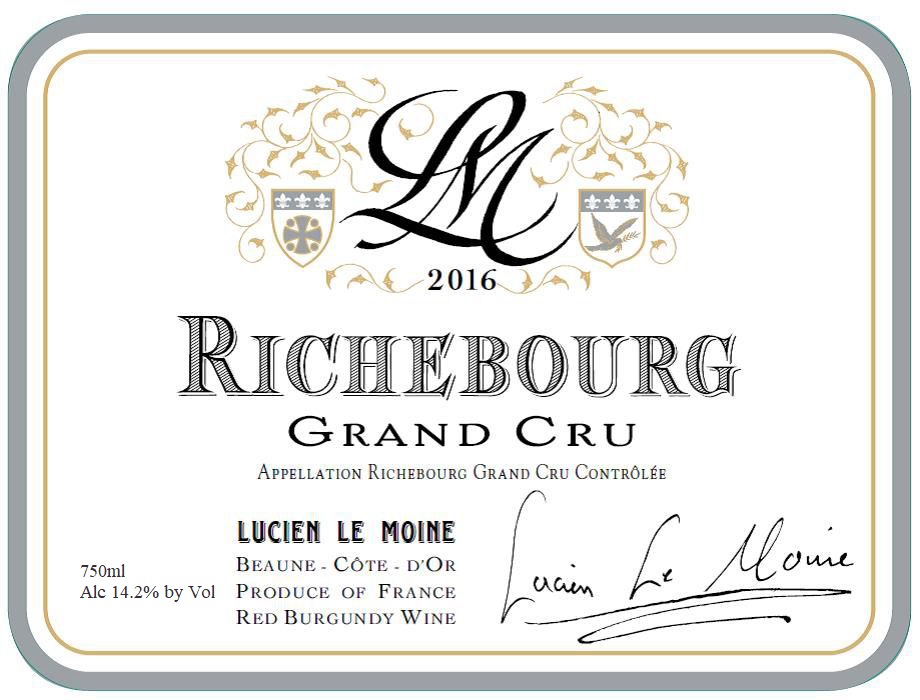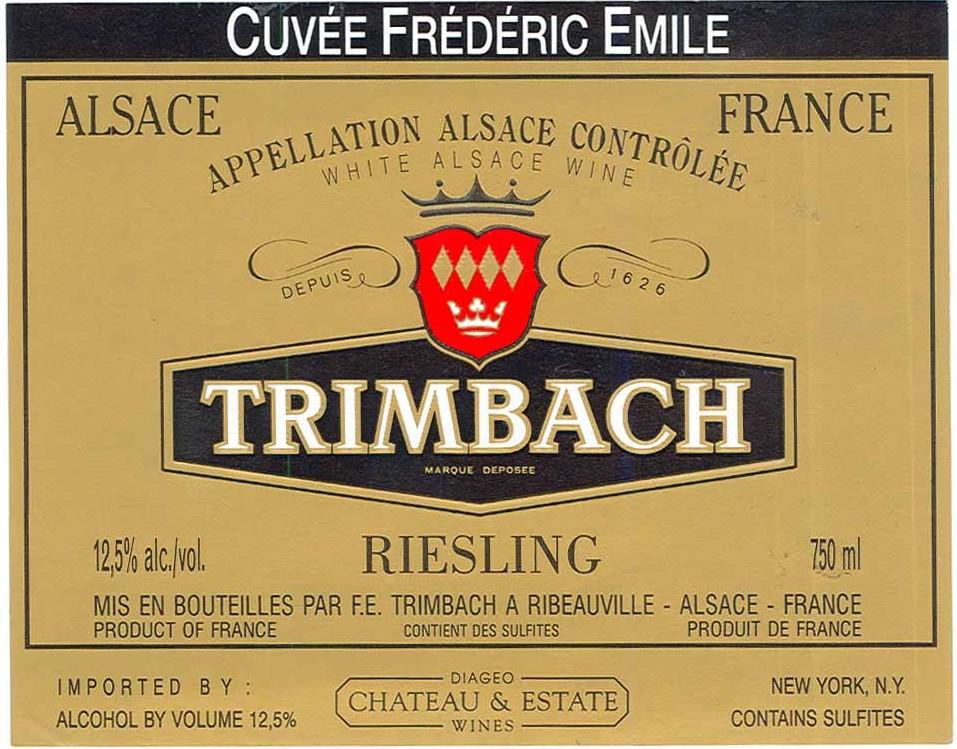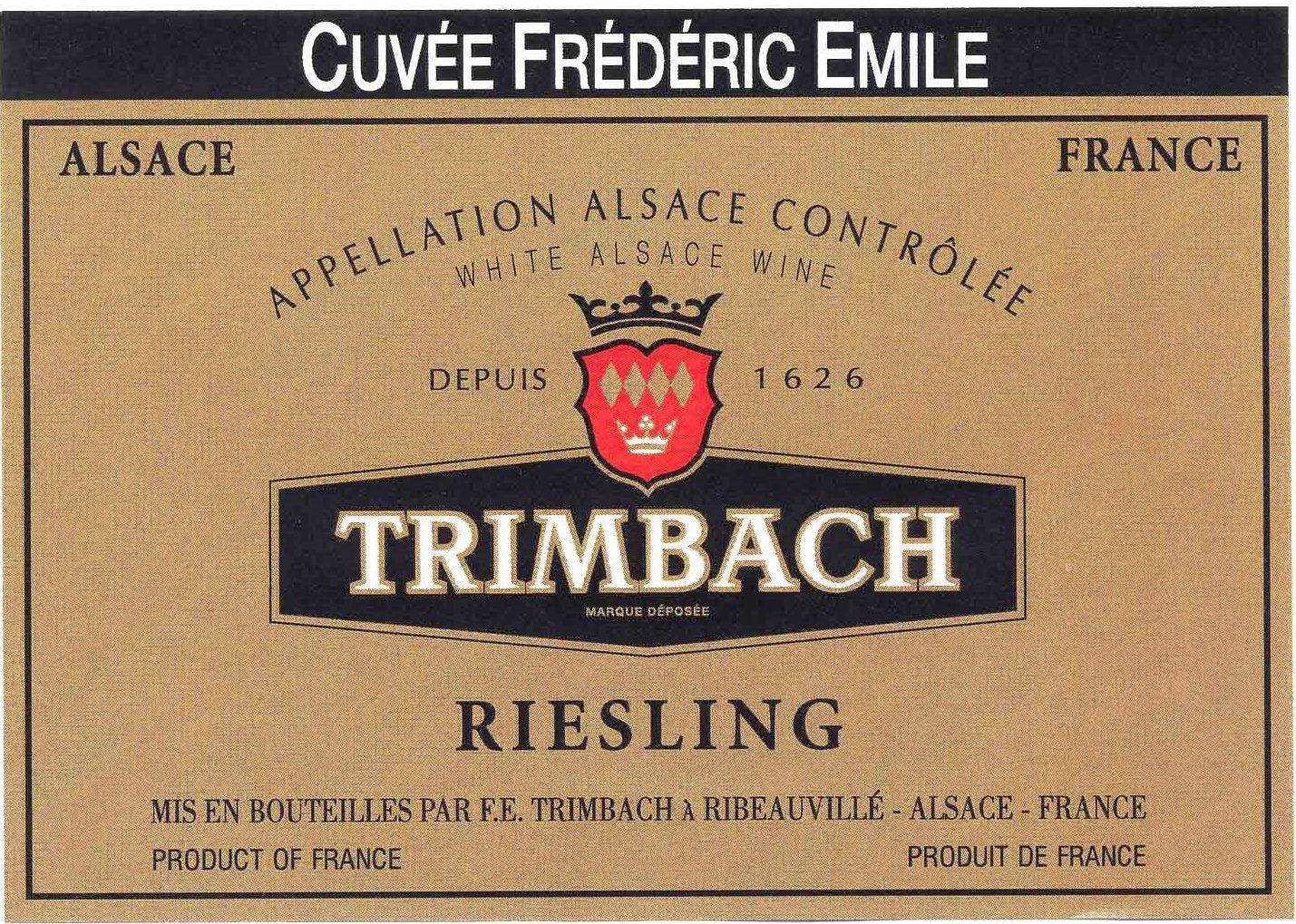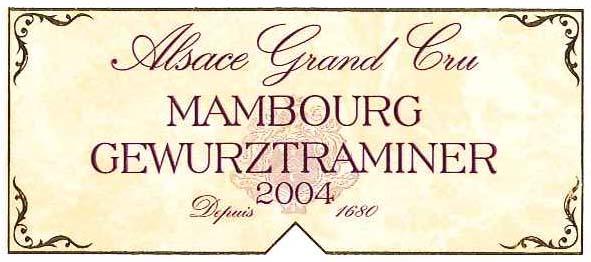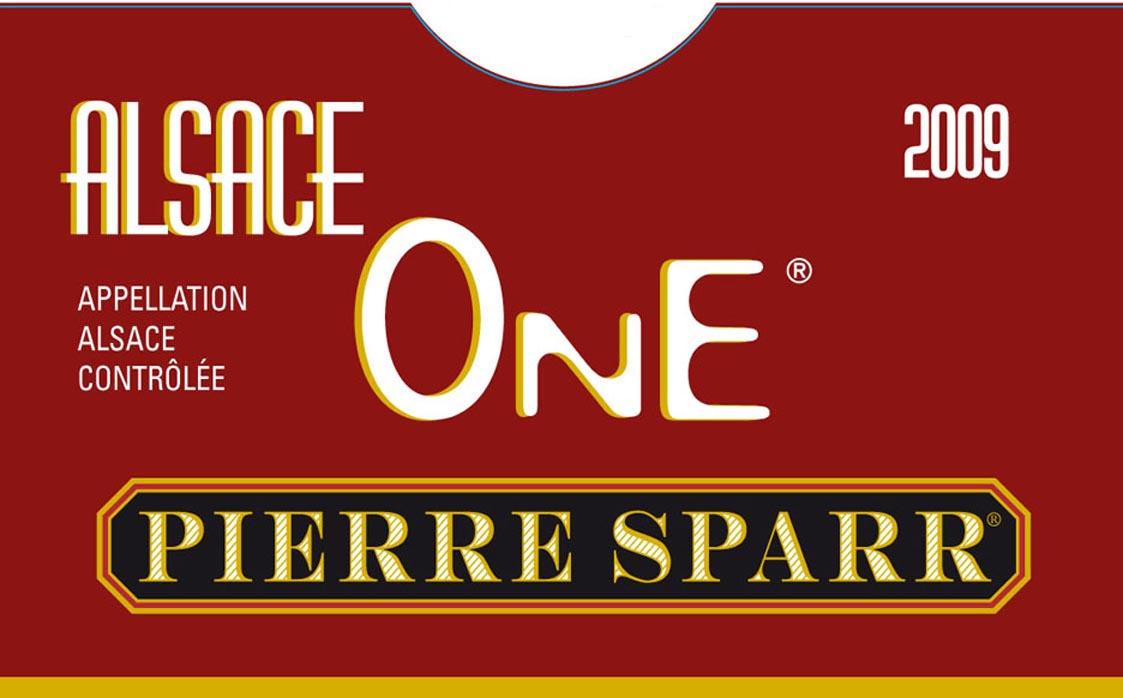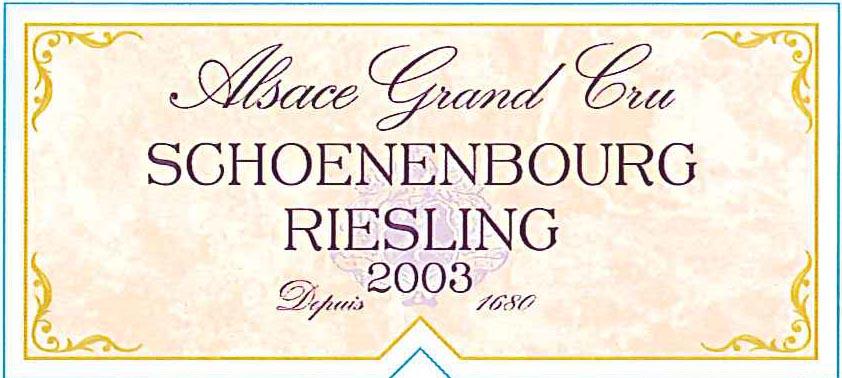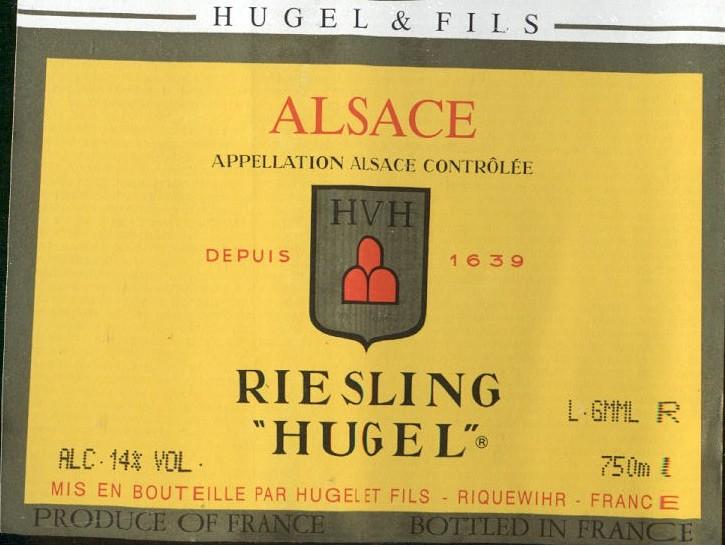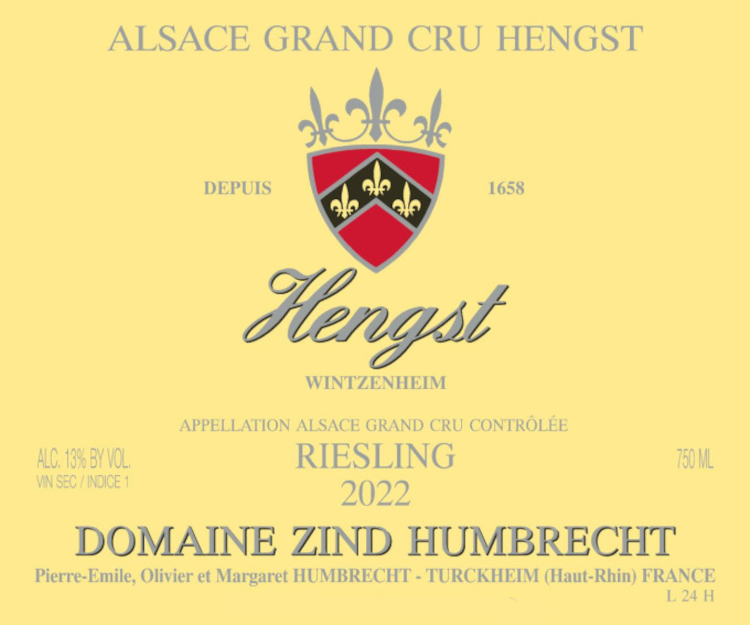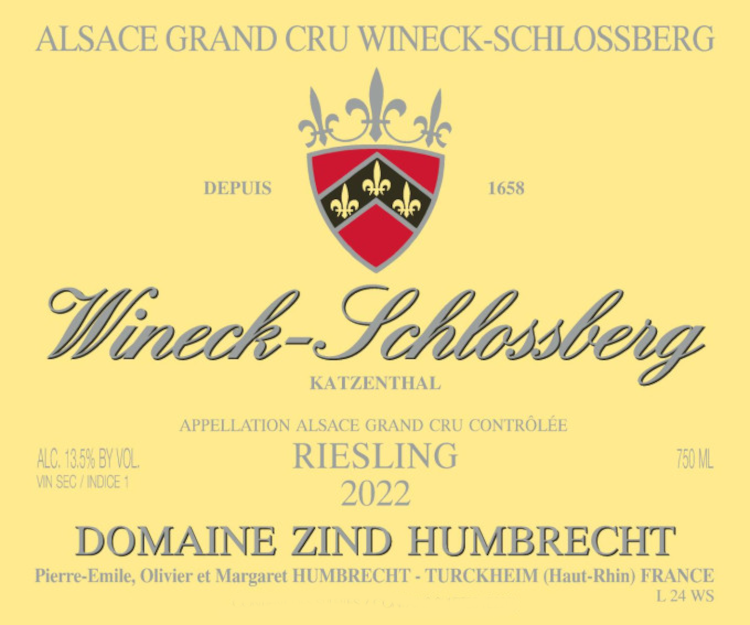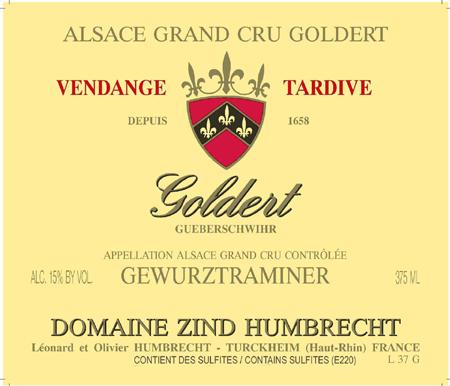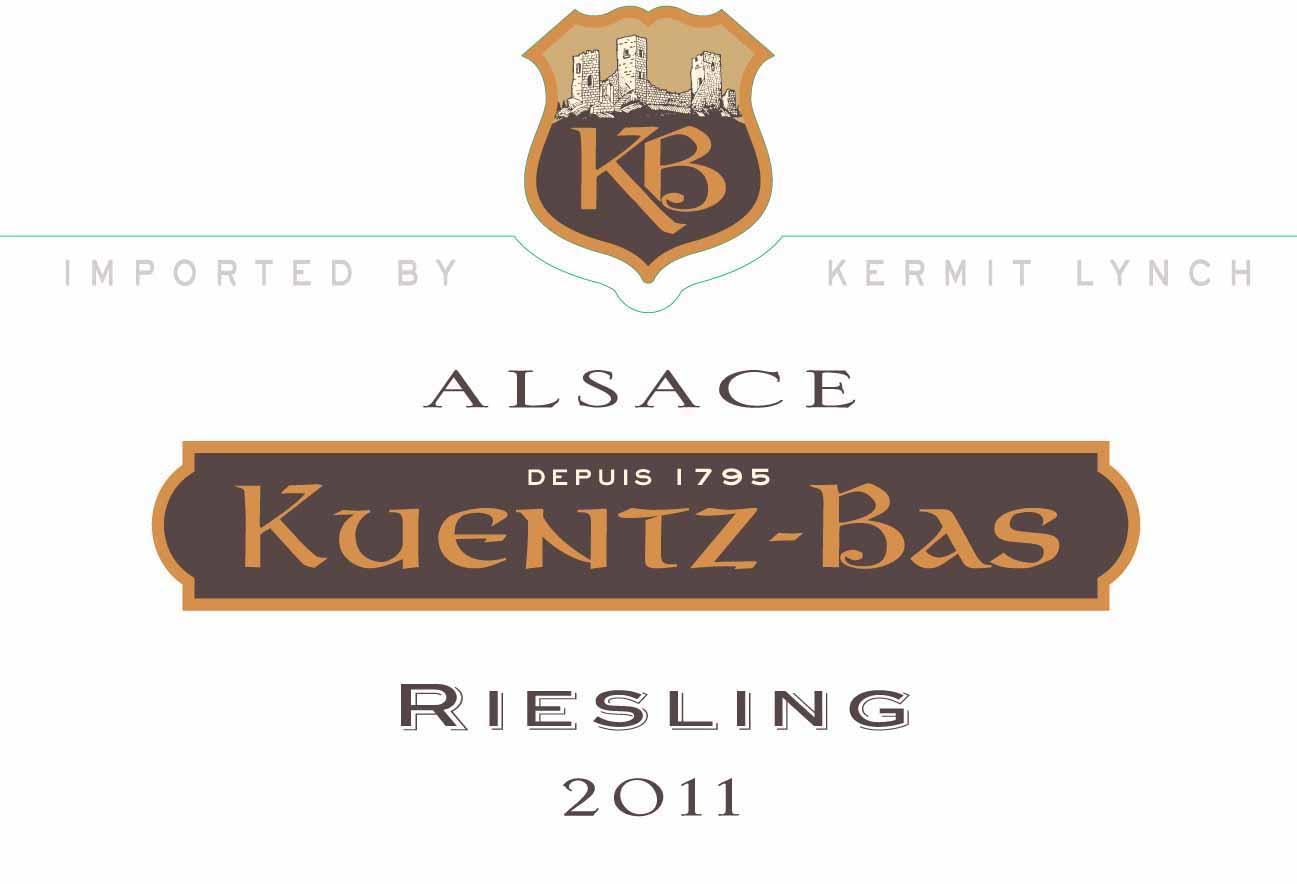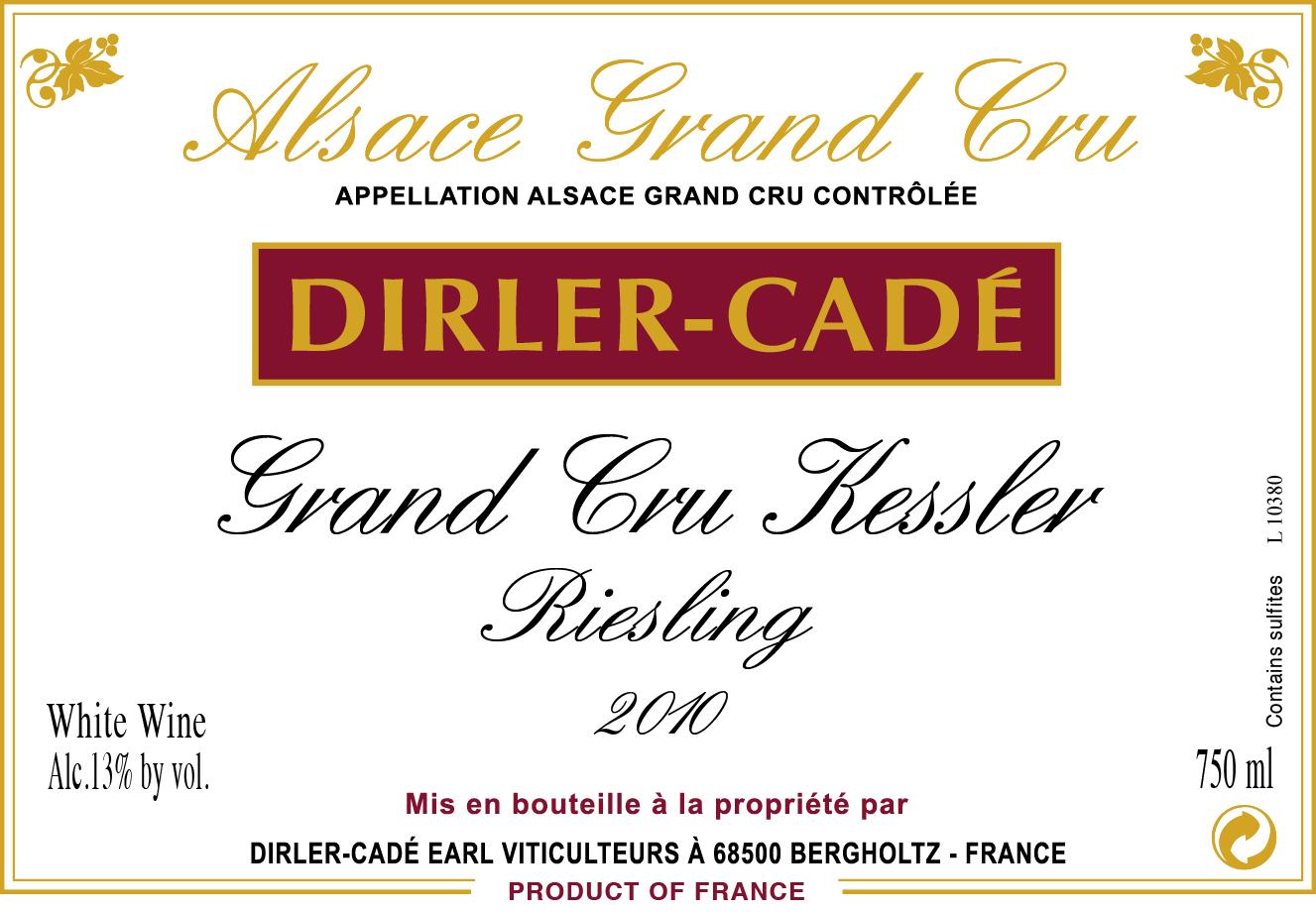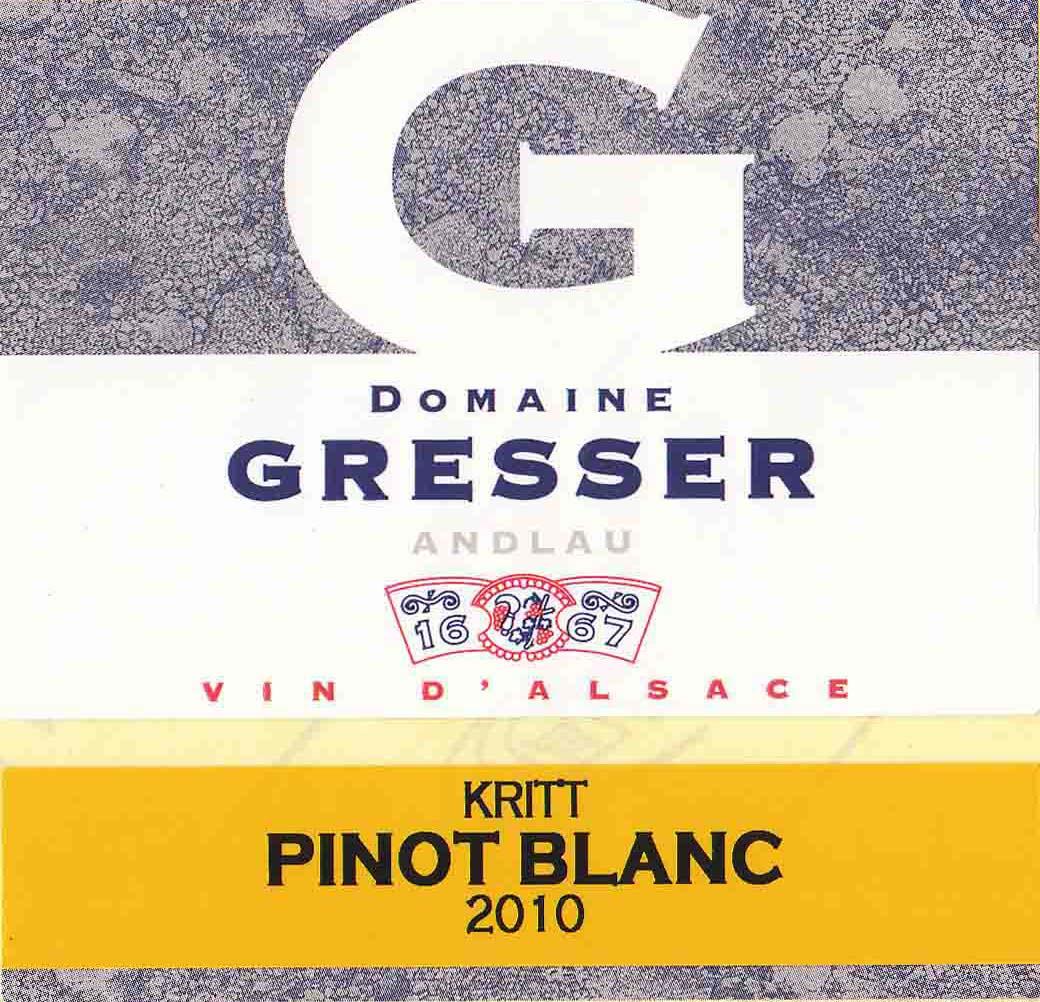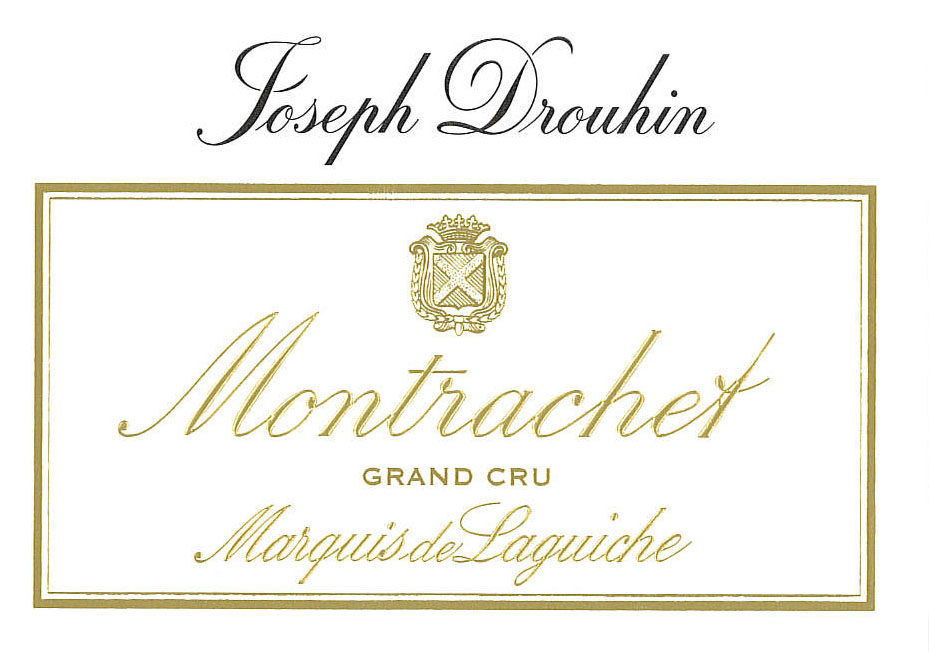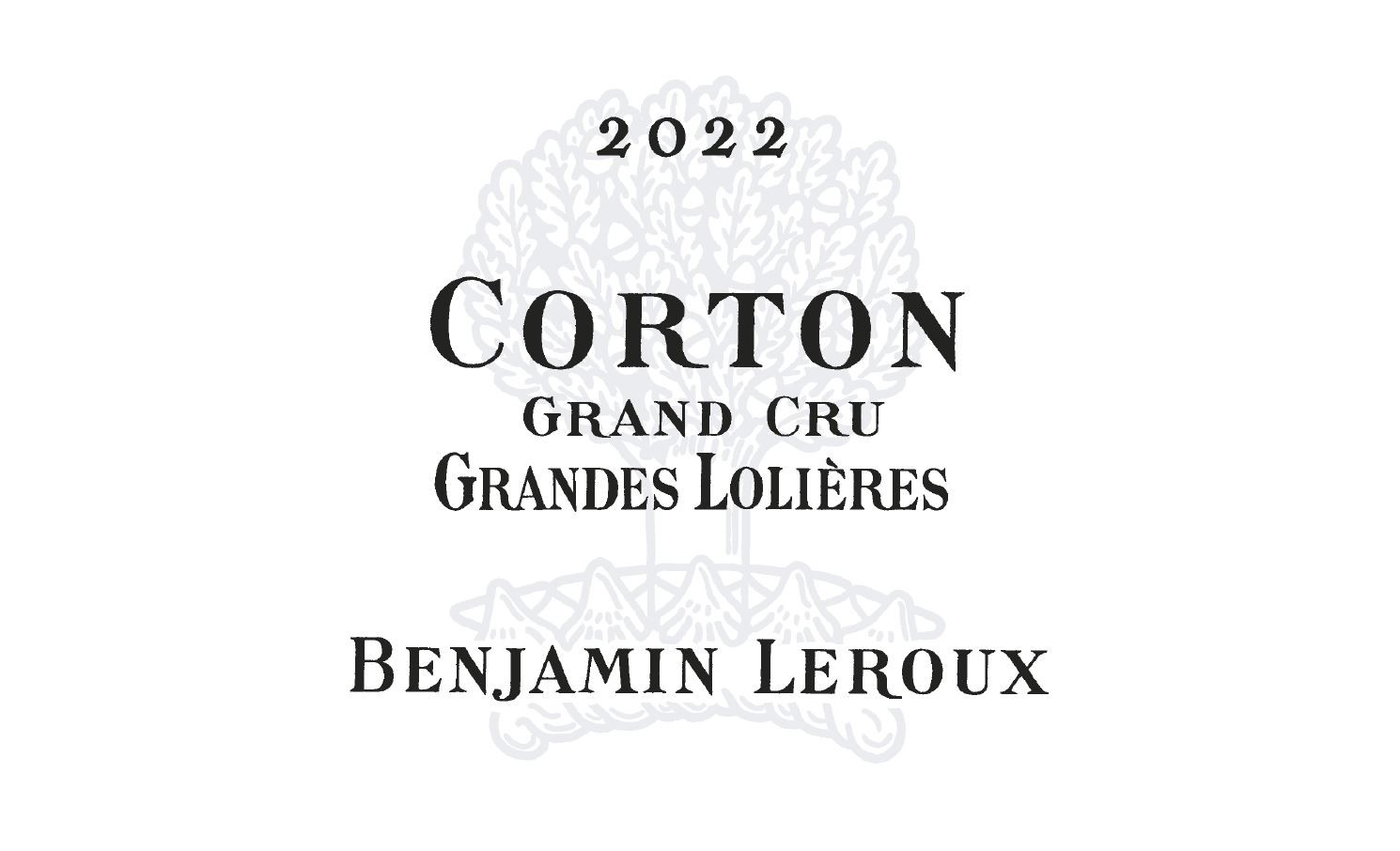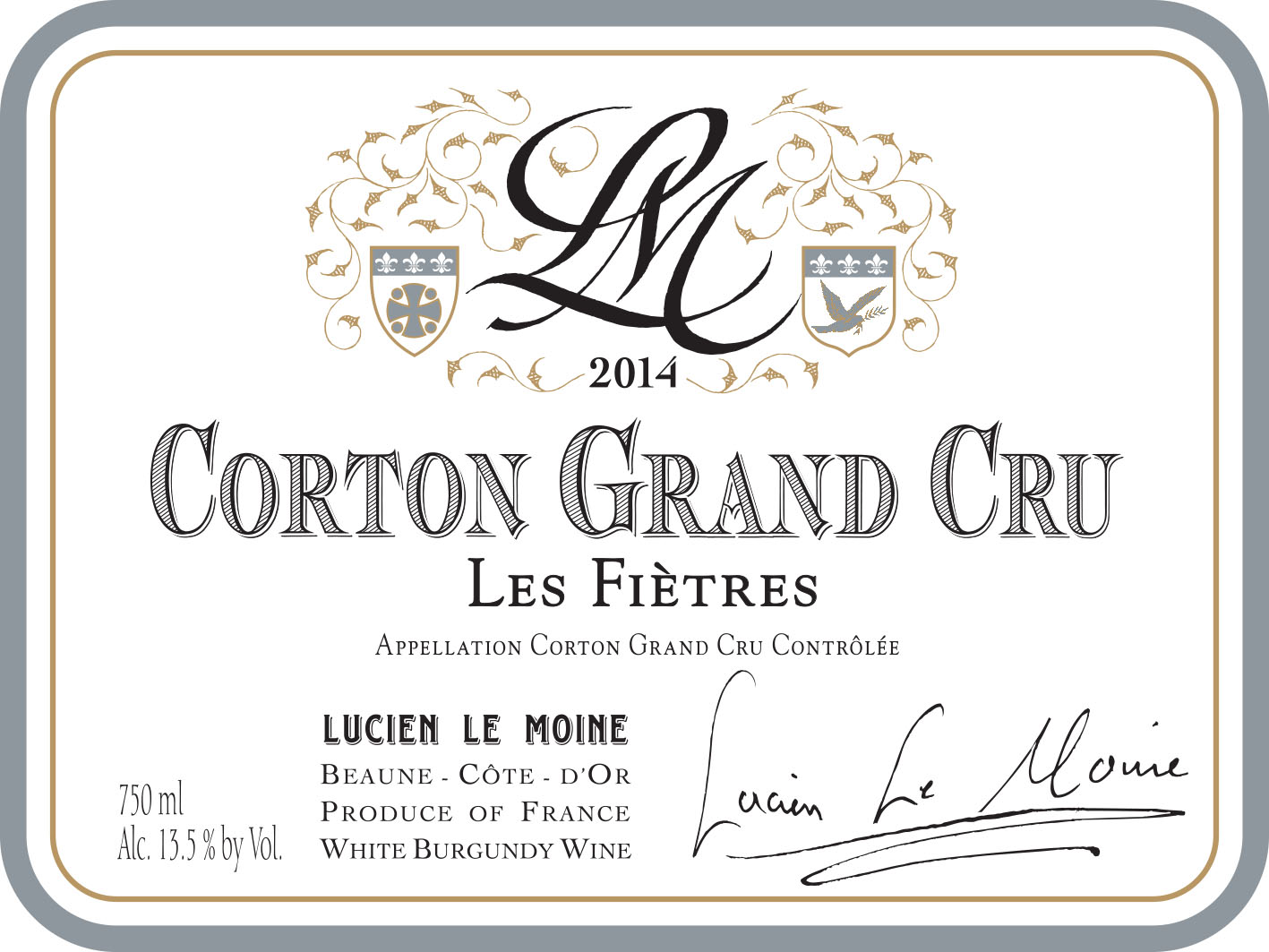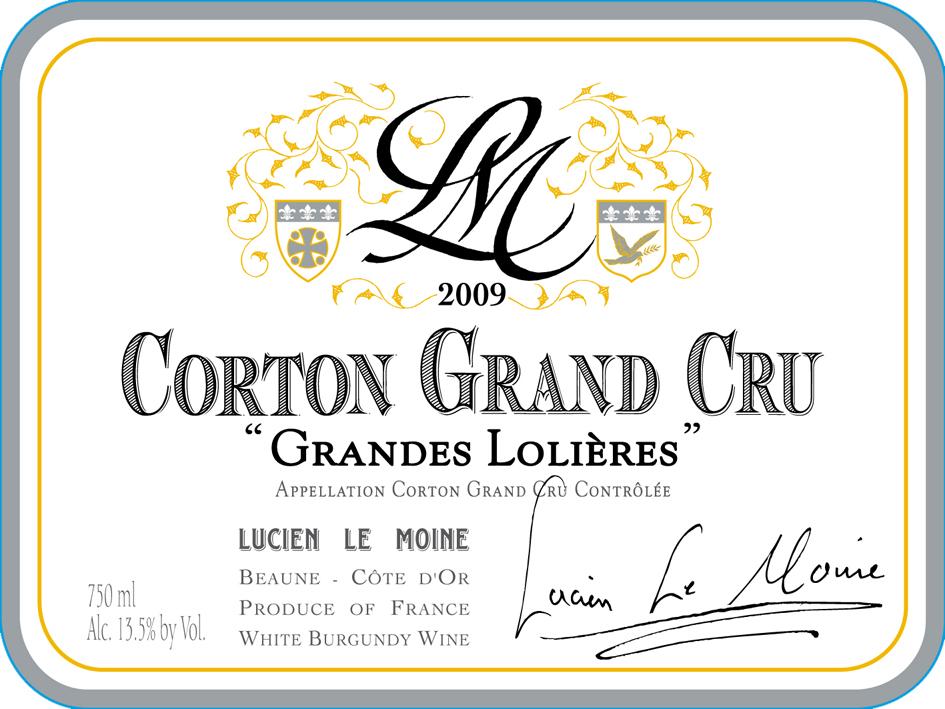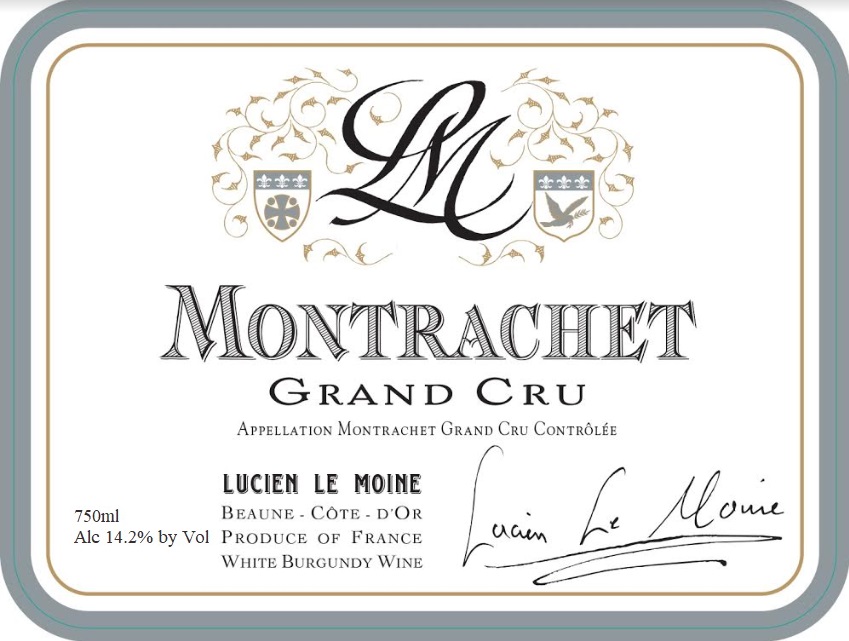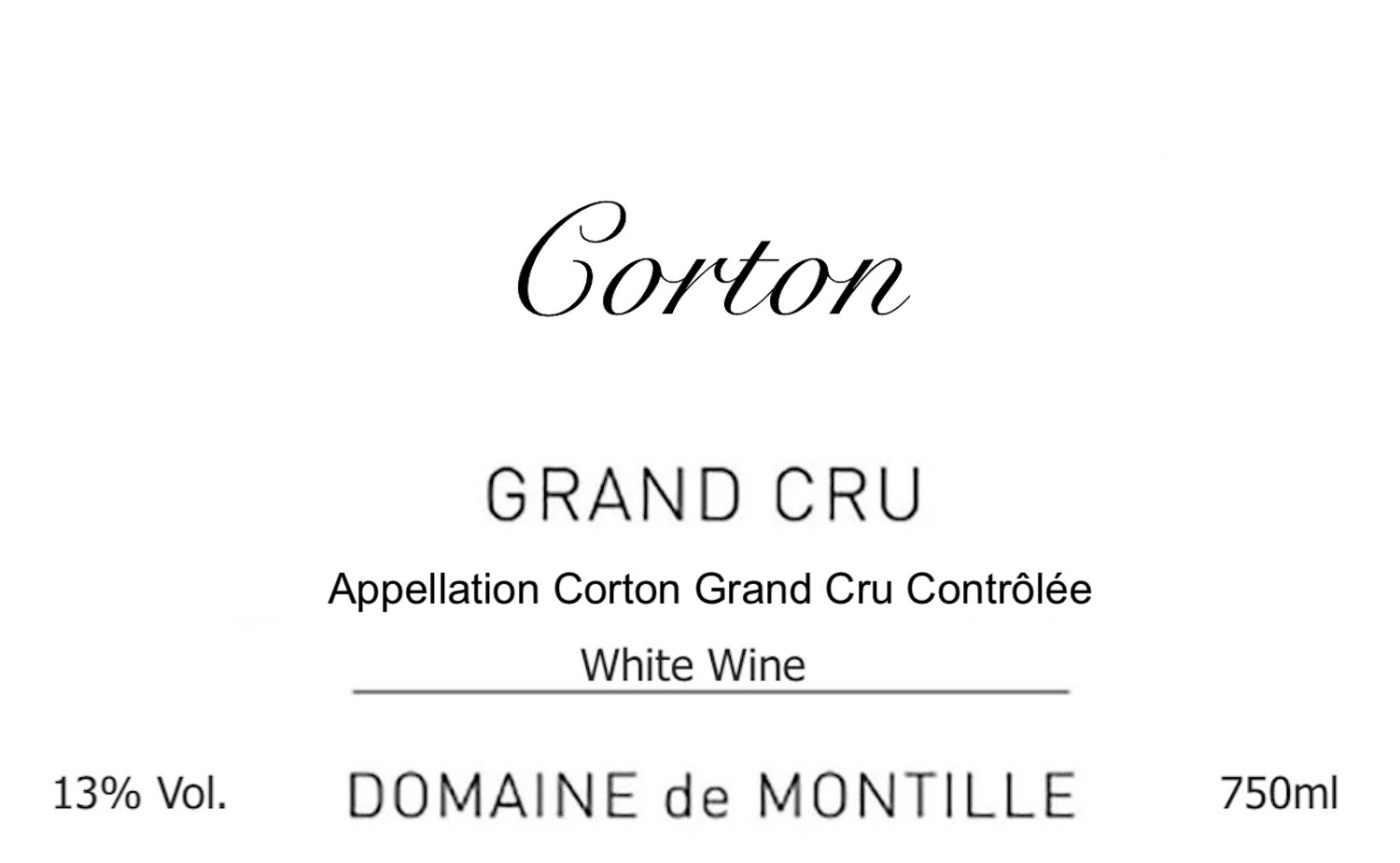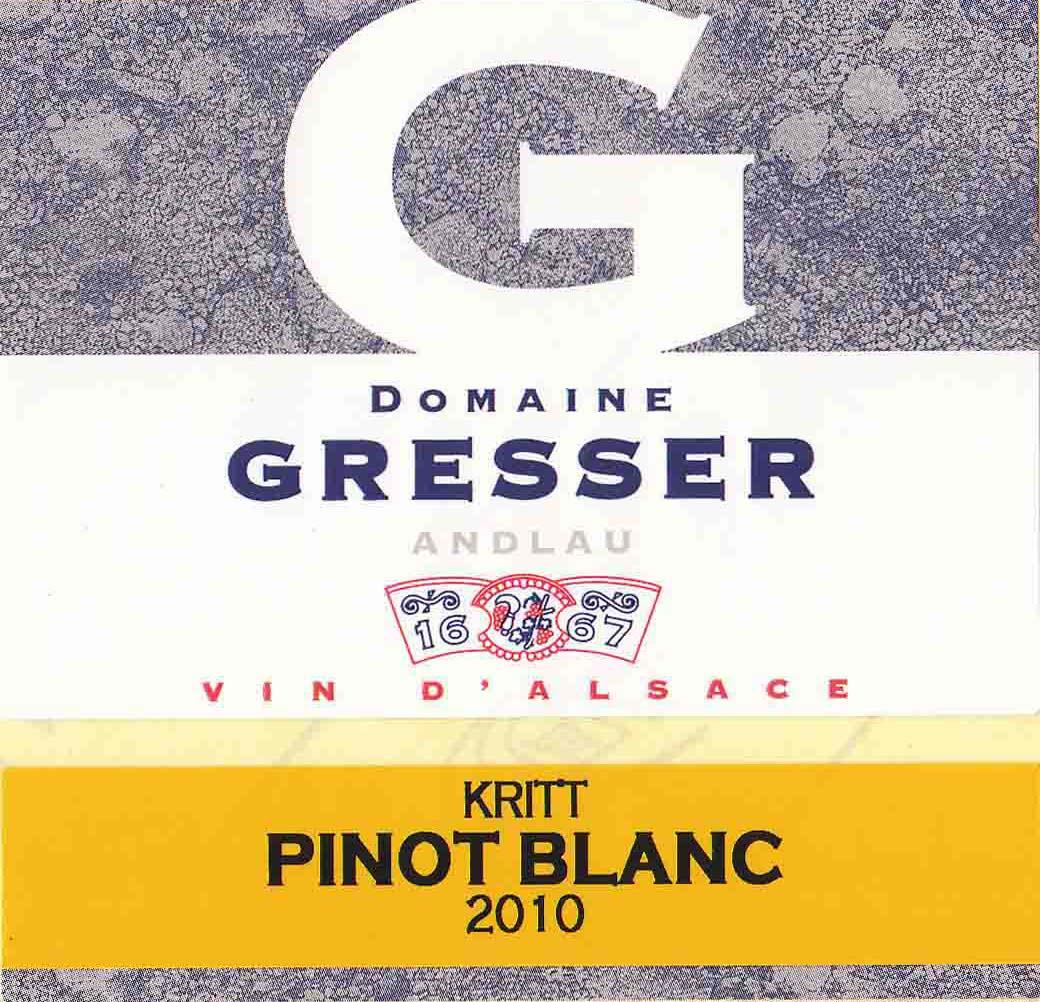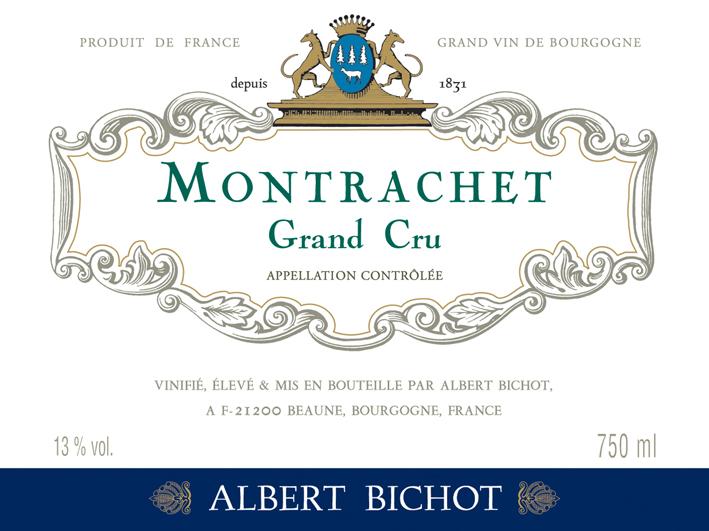Terroir of Alsace
Alsace has a unique terroir shaped by its semi-continental climate and varied geology. Sheltered by the Vosges Mountains, it benefits from a rain shadow effect, making it one of France's driest wine regions, with only 500-600 mm of rain each year. This dry, sunny weather lets grapes ripen slowly, boosting their aromatic complexity and keeping good acidity.
The vineyards are mainly on the eastern and southeastern slopes for maximum sun exposure. Alsace's diverse geology features over 13 soil types, each adding unique traits to its wines. From the flinty elegance of Rieslings on granite to the smoky richness of Pinot Gris and Gewurztraminer on volcanic soils, this "mosaic" of soils supports a wide range of wine styles. The varied terroir not only produces complex wines but also boosts the aging potential of Alsace's top varietals.
Notable Wineries in Alsace
Explore the vibrant Alsatian wine scene, where a mix of historic houses, biodynamic trailblazers, and key cooperatives shape the industry.
-
Domaine Trimbach: Known for its pure, dry, and mineral-rich wines that age beautifully, with their Riesling Clos Sainte Hune earning global acclaim.
-
Famille Hugel: A foundational family in creating standards for late-harvest wines like VT and SGN, they have their own quality ranking, with Grossi Laüe at the top.
-
Domaine Zind-Humbrecht: Renowned worldwide for their biodynamic practices, they create intense wines from premier Grand Cru sites such as Rangen, and are noted for including a sweetness index on their labels.
-
Cave de Turckheim: Esteemed for offering great quality and value, their range includes everything from Tradition wines to Grand Cru selections.
Sustainable Winemaking in Alsace
Alsace shines as a beacon of sustainable winemaking in France, with a growing commitment to organic and biodynamic practices. By the early 2020s, over 14% of the region's vineyards boasted organic certification, with some estimates suggesting a rise to 25%. The region excels in biodynamic farming, home to 88 Demeter-certified wineries, aided by its dry, sunny climate from the Vosges rain shadow that reduces disease and chemical use.
Tradition plays a key role, as small, family-run estates emphasize long-term land stewardship. This dedication is mirrored in eco-conscious winery construction, like Domaine Achillée's bioclimatic cellars. Shoppers can look for labels like Demeter, Biodyvin, and Haute Valeur Environnementale (HVE) to support this sustainable movement, which harmonizes with Alsace's rich winemaking heritage.
Wine Tourism in Alsace
Alsace's wine tourism offers a rich tapestry of experiences, blending scenic routes with cultural and culinary delights.
The Alsace Wine Route, stretching over 170 kilometers, invites exploration through its 119 picturesque wine villages, each showcasing distinctive French-Germanic architecture and vibrant landscapes.
Visitors can traverse this route by car, bike, or shuttle, stopping in charming towns like Colmar, Riquewihr, and Eguisheim.
Culinary experiences are integral, with local dishes expertly paired with regional wines, such as Riesling with Choucroute Garnie or Gewurztraminer with Munster Cheese.
The region's calendar is filled with lively events, including summer wine festivals, the Foire aux Vins d'Alsace in Colmar, and traditional Christmas Markets.
This fusion of wine, food, and culture, set against the backdrop of Alsace's unique terroir and sustainable practices, makes it a compelling destination for wine enthusiasts and cultural explorers alike.



